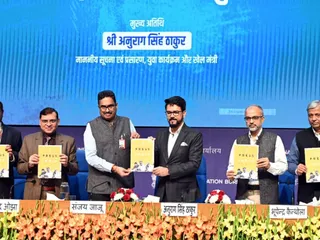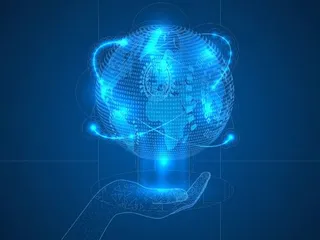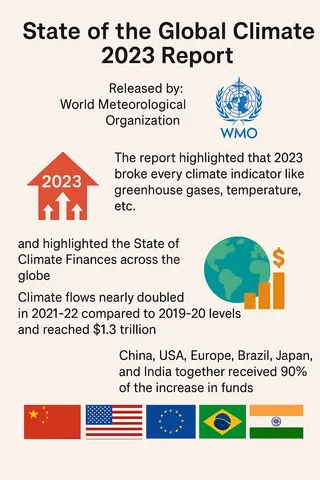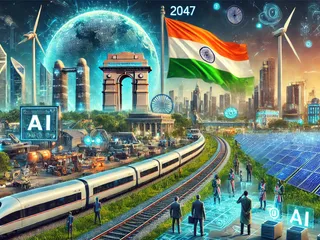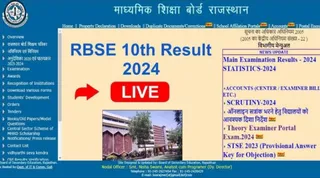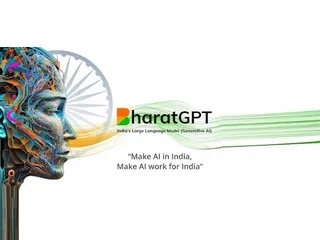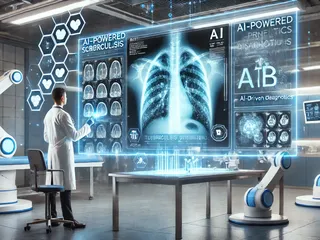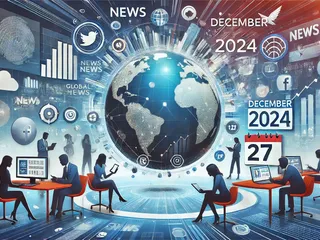Smart technology encompasses a broad range of devices and systems that utilize artificial intelligence (AI), the Internet of Things (IoT), and machine learning to enhance functionality, efficiency, and user experience. These technologies are designed to learn, adapt, and respond to user needs and environmental changes autonomously or with minimal human intervention.
Key Aspects of Smart Technology:
- Artificial Intelligence (AI): Enables smart devices to learn, reason, and make decisions based on data analysis. Examples include facial recognition, natural language processing, and predictive analytics.
- Internet of Things (IoT): Connects various devices and systems, allowing them to communicate and share data seamlessly. Smart homes, wearables, and industrial automation are prime examples.
- Machine Learning (ML): Enables systems to improve performance over time without explicit programming, allowing for personalized experiences and automated processes.
Applications of Smart Technology:
- Smart Homes: Automated lighting, temperature control, security systems, and appliance management.
- Smart Cities: Optimized traffic management, waste disposal, energy grids, and public safety systems.
- Wearable Technology: Fitness trackers, smartwatches, and health monitoring devices.
- Smart Appliances: Refrigerators with inventory management, washing machines with smart scheduling, and more.
- Industrial Automation: Robotics, predictive maintenance, and optimized production processes.
Future Trends in Smart Technology:
The future of smart technology promises even greater integration and sophistication. We can expect advancements in:
- Edge Computing: Processing data closer to the source for faster response times and reduced latency.
- Advanced AI Capabilities: More nuanced and human-like interactions, more accurate predictions, and greater autonomy.
- Increased Cybersecurity Measures: Protecting against vulnerabilities in interconnected systems.
- Sustainable Technologies: Optimizing energy consumption and reducing environmental impact.
Smart technology is rapidly transforming various aspects of our lives, offering immense potential for increased efficiency, convenience, and improved quality of life. However, ethical considerations surrounding data privacy, security, and job displacement need to be addressed alongside technological advancements.
For more information on specific smart technologies, explore resources like Gartner's research on Smart Technology and IoT For All.


